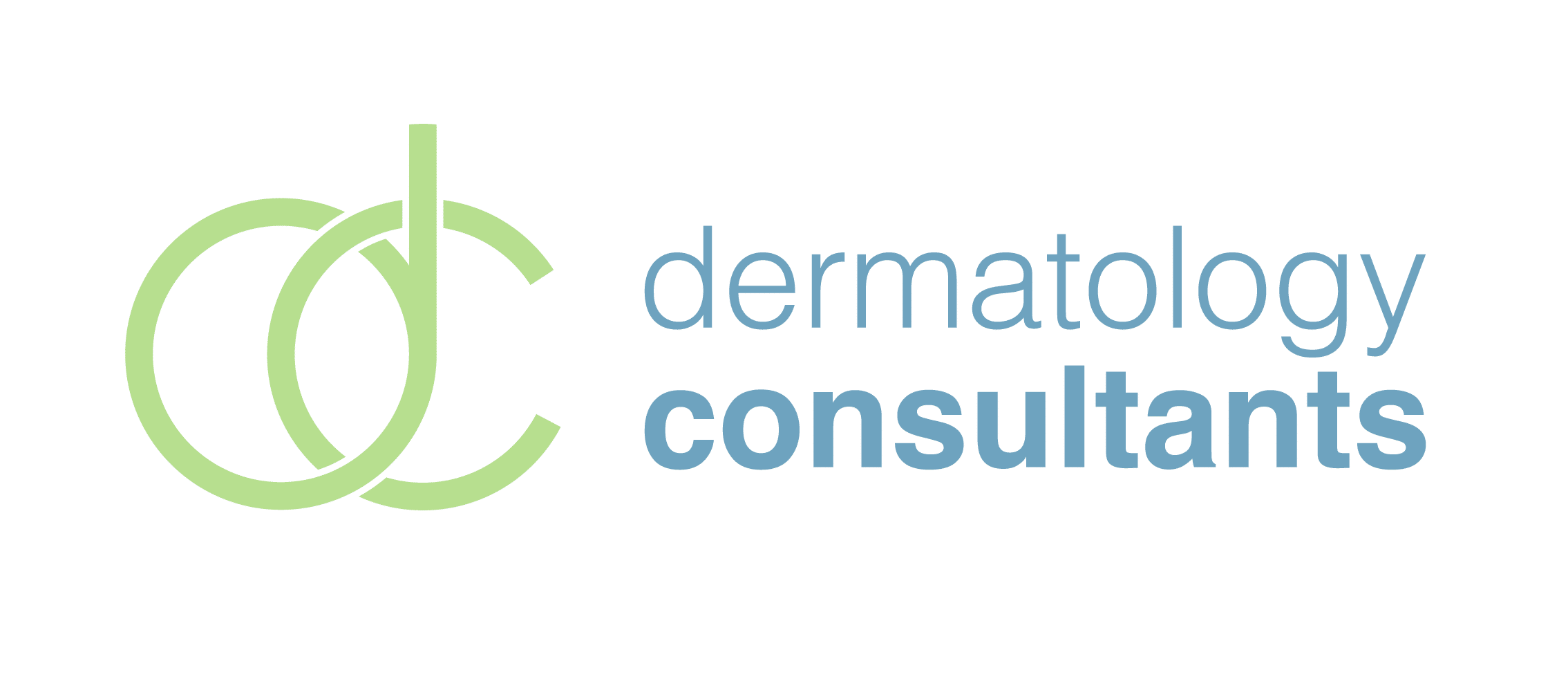How To Treat Acne in Teenagers
Acne is a traumatic condition for teenagers, causing a lack of self-confidence than can often lead to depression, isolation, a reduced social life and the tyranny of bullying and teasing in school. Nearly all teens experience acne, especially since hormones are greatly involved in causing skin conditions, but when the problem is far greater than just the occasional breakout – such as dramatically and chronic, angry red acne that leads to scarring when a teen attempts to solve the problem by squeezing pimples – solutions offered by a qualified dermatologist are very necessary.
If your teen is suffering from acne, and his or her school performance is suffering as well – as can be the case when teens get depressed due to their appearance dissatisfaction and teasing in school – it’s time for an assessment by a dermatologist who can provide improvement in your teen’s skin condition and a solution to acne problems.
Over-the-counter acne treatments may not be effective enough, and some may worsen your teen’s condition. Prescription-strength medications or other treatments may be your teen’s saving grace, improving his or her quality of life, and getting your child back into a more positive mindset for optimal school, sports and social performance when acne is no longer running (or ruining) their life.
Your teen’s dermatologist may decide to prescribe a retinoid, which is a derivative of vitamin A, to help unplug follicles. When follicles clear, so do acne occurrences. If your teen has sensitive skin, some retinoids can be irritating. The key to quality treatment for teens is to communicate well with the dermatologist, explaining that this particular topical ointment is causing discomfort, and your doctor will choose a different formulation that will be more comfortable for your teen’s regular applications.
Parents say that teens expect immediate cures, and that it can be challenging to get the teen to be patient in applying topical ointments for the solution to acne problems. So as a parent, it’s important to monitor proper use of prescription creams, teaching greater responsibility in self-care, so that your teen learns that sticking with it produces the desired results. The teen needs to know that it may take four to eight weeks to start seeing improvement in skin condition, and perhaps longer before mostly clear skin is achieved. The teen will also learn that speaking up about product discomfort creates a better partnership with the dermatologist, to perhaps move to a different product that works optimally.
The dermatologist may decide to combine two different treatments, such as a topical retinoid and a topical antimicrobial or oral antibiotic. The latter two treatments fight bacteria production in the skin, which can improve acne conditions. Your doctor may also combine benzoyl peroxide with an antibiotic for a cleansing and bacteria-fighting method. Be sure to tell your teen, though, that it’s only the doctor who can decide which treatments to combine. It can be dangerous, and counterproductive, for a teen who’s in a rush to eliminate acne to apply over-the-counter acne creams while also using doctor-prescribed treatment.
Your dermatologist may decide that your teen’s acne condition warrants laser or heat treatments to kill bacteria on and beneath the skin, chemical peels or injectable fillers to treat more advanced acne conditions, and also treat acne scars.
Teens will also get valuable self-care lessons from their dermatologist, such as advice on which daily cleansers to use, how often to moisturize, and especially to use sunscreen. They’ll also be told to keep their hair clean and off their face, since oily hair can add to acne problems.
Working together with a dermatologist can help you teen take charge of his or her acne problems, and with dedicated self-care, your teen will see great improvements in his or her skin in a matter of weeks. Then, the teenage years can be carefree ones again.



